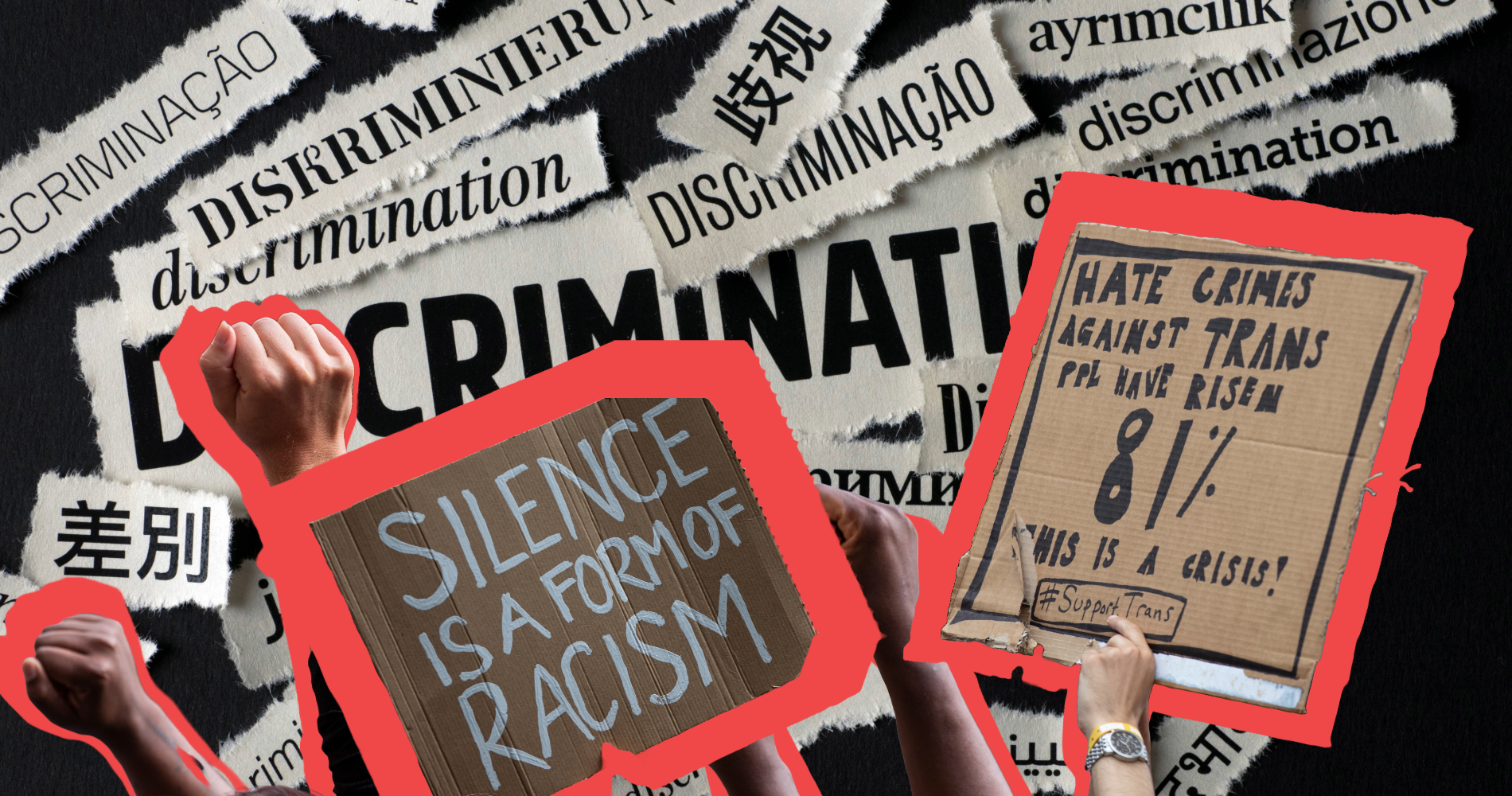Planning candidate forums at election time is a tried-and-true way for organizations to engage the public and politicians on important issues such as climate change.
It provides a dedicated avenue for politicians to discuss their platform and answer questions on community priorities.
However, inviting a candidate to a forum does not guarantee their attendance. Therefore, the forum planning process is crucial to securing attendance and providing the opportunity for community-led discussion toward a climate transition the candidates would ultimately administer.
The Manitoba Climate and Environment Election Coalition (MCEEC) exemplifies how this process can foster a collaborative climate movement.
The group includes nearly 50 people who participate either as individuals or as members of over 35 organizations that engage based on their current capacity and the campaigns they are working on.
Successfully planning candidate forums can be understood using the 5D framework outlined in the CCPA’s recent Don’t Wait for the State: A blueprint for grassroots climate transitions in Canada.
Planning forums begin by defining community. We rely on reports from organizations involved in the collaboration, such as Manitoba’s Climate Action Team’s Road to Resilience reports, to answer guiding questions like: Who holds power? Who is at the greatest risk? What are the most carbon-intensive activities? These questions remind us of power dynamics within elections and the goals we should focus on throughout the process.
We begin the planning early, at least 10 months before an election, with an invitation to other organizations to participate and an outline of the campaign. Our design process is revisited frequently during this time, allowing flexibility to adapt to new connections with organizations, key election issues, and the level of government. Ample time also gives an opportunity to revisit whether the coalition is inclusive enough to represent the community’s interests and identify potential allies who have not yet been invited.
This year, we prioritized engaging more with youth by forging stronger connections with student groups.
Bringing together larger groups to reach a common goal can be challenging. Therefore, we must collectively dream up a greener future to ensure a mutual understanding of purpose and goals. There are always more ideas than we can accommodate. Without a collective vision to unify the collaborators, conflict can arise. We intentionally avoid asking questions that pit organizations’ priorities against each other and instead work iteratively on determining what issues we highlight, the question format, and how many we ask.
Determining constraints has been a prominent part of planning for the 2023 Manitoba provincial election because climate is unlikely to be a significant election issue. To maximize the likelihood that party leaders will attend, we meticulously choose the forum’s location, format, method of invitation, how the audience participates, and who is moderating in the hopes these will incentivize attendance and demonstrate that all candidates are welcome.
The underlying motivation for planning forums is to deliver alternatives to the status quo in Manitoba. Questions create opportunities for candidates to paint possible futures and organizations to get specific answers about their policy asks. Giving leaders space to discuss their campaign promises also offers insights into their priorities. Perhaps most crucially, the forum becomes the basis of an awareness campaign built around candidate responses.
Not only is the 5D framework reflected in forum planning work that we do with MCEEC, it also lends further inspiration and direction to increase our success. The framework pushes the collaboration to view our events as opportunities to develop clearer dreams for a greener future and alternatives to the climate crisis.
It urges us to reflect upon our community and engagement process—to broaden the coalition beyond groups whose sole mandate is climate and environmental work.
It asks us to identify potential barriers to success and how to overcome them.
I have seen first-hand how working together on a common goal fosters collaboration and the capacity to mobilize around other campaigns. We will continue to live by and be guided by the 5D framework as the coalition continues to organize election forums that showcase what a better future could be.


